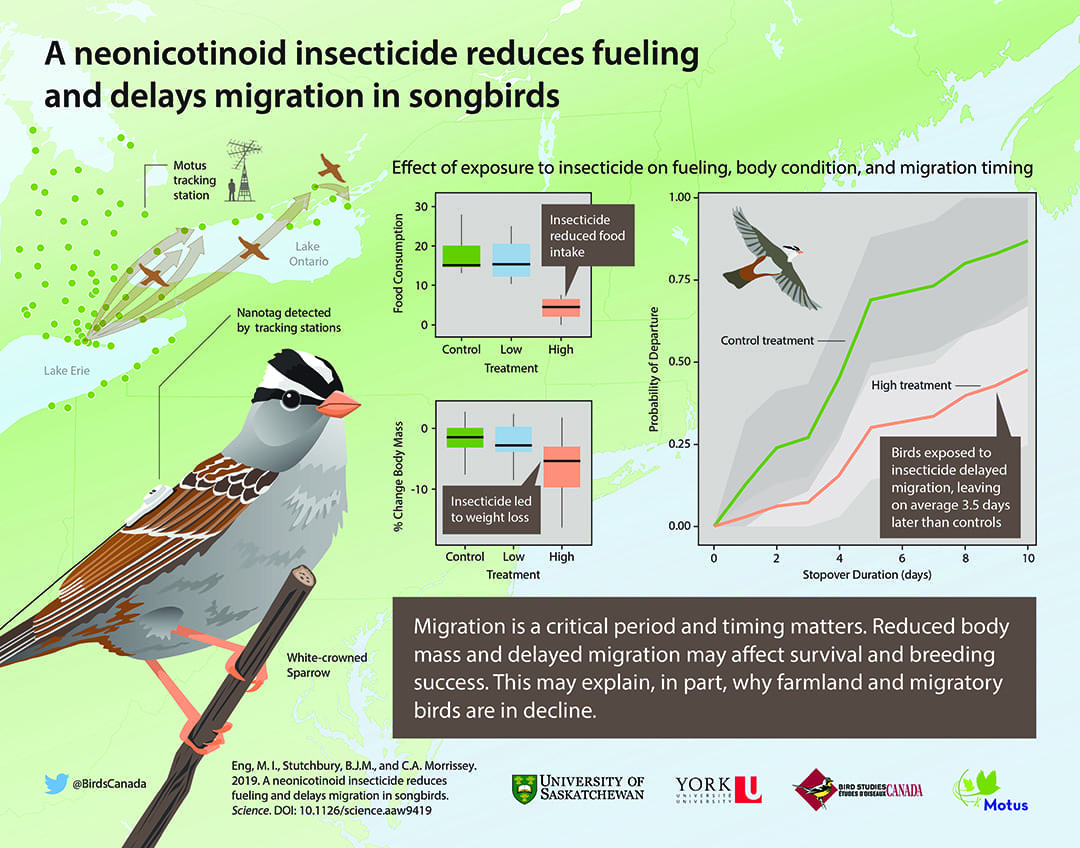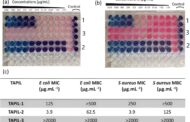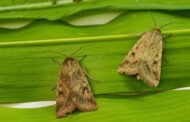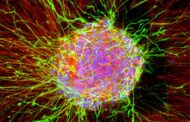
via University of Saskatchewan
New research at the University of Saskatchewan (USask) shows how the world’s most widely used insecticides could be partly responsible for a dramatic decline in songbird populations.
The study, to be published in the journal Science on Sept. 13, is the first experiment to track the effects of a neonicotinoid pesticide on birds in the wild.
The study found that white-crowned sparrows who consumed small doses of an insecticide called imidacloprid suffered weight loss and delays to their migration—effects that could severely harm the birds’ ability to survive and reproduce.
“We saw these effects using doses well within the range of what a bird could realistically consume in the wild—equivalent to eating just a few treated seeds,” said Margaret Eng, a post-doctoral fellow in the USask Toxicology Centre and lead author of the study.
Eng’s collaborators on the research were biologist Bridget Stutchbury of York University and Christy Morrissey, an ecotoxicologist in the USask College of Arts and Science and the School of Environment and Sustainability.
Neonicotinoids are the most commonly used class of agricultural insecticides. They are often applied as a seed coating or as a spray on most major crops worldwide. Although the toxic effects of neonicotinoids were once thought to affect only insects, most notably pollinators such as bees, there is growing evidence that birds are routinely exposed to the pesticides, with significant negative consequences.
“Our study shows that this is bigger than the bees—birds can also be harmed by modern neonicotinoid pesticides, which should worry us all,” said Stutchbury.
Until now, researchers had not been able to assess what happens to pesticide-exposed birds in the wild. The USask and York scientists used new lightweight tagging technologies and a collaborative research network called the Motus Wildlife Tracking System to track the effects in the sparrows’ natural habitat.
The researchers exposed individual sparrows to small doses of the pesticide—imidacloprid—in southern Ontario during a stopover on the birds’ spring migration. Each bird’s body composition was measured before and after exposure, and a lightweight radio transmitter was attached to the bird’s back to track its movements in the wild.
Birds given the higher dose of the pesticide lost six per cent of their body mass within just six hours. That one dose also caused birds to stay 3.5 days longer, on average, at the stopover site before resuming their migration, compared to control birds.
“Both of these results seem to be associated with the appetite suppression effect of imidacloprid. The dosed birds ate less food, and it’s likely that they delayed their flight because they needed more time to recover and regain their fuel stores,” said Eng.
Because the researchers used controlled dosing, they were able to confirm a cause and effect between neonicotinoid exposures and delayed migration, not just a correlation that is more typical of field studies.
In North America, three-quarters of bird species that rely on agricultural habitat have significantly declined in population since 1966. The results of the new study show a mechanism by which pesticides could be directly contributing to this drop-off.
“Migration is a critical period for birds, and timing matters. Any delays can seriously hinder their success in finding mates and nesting, so this may help explain, in part, why migrant and farmland bird species are declining so dramatically worldwide,” said Morrissey, senior author of the study.
The three researchers examined the effects of neonicotinoids in a previous study using captive sparrows. The new research reinforces the weight loss effect seen in that 2017 study. Captive birds in the earlier study were also found to become disoriented as a result of neonicotinoid exposure.
“We didn’t see that result in wild birds here,” said Eng. “In the real world, birds likely avoid migratory flight while recovering from the effects of the toxin.”
Learn more: USask-led study shows insecticides threaten survival of wild birds
The Latest on: Neonicotinoid pesticides
[google_news title=”” keyword=”neonicotinoid pesticides” num_posts=”10″ blurb_length=”0″ show_thumb=”left”]
via Google News
The Latest on: Neonicotinoid pesticides
- Pollinator protection bill approved by Vt. Senateon April 26, 2024 at 3:06 pm
MONTPELIER, Vt. (WCAX) - The Vermont Senate Friday passed a bill aimed at protecting bees and other pollinators from toxic pesticides.
- More Data Finds Long-Term Exposure to Toxic Pesticides Alters Human Gut Microbiome and Metabolismon April 25, 2024 at 9:01 pm
Researchers build on research when assessing the relationship between long-term exposure to organophosphorus pesticides and the human gut microbiome.
- Bee-Killing Pesticide Given Backdoor Approval for 10th Yearon April 24, 2024 at 8:53 am
This marks the 10th year that the EPA has granted a so-called “emergency” exemption of clothianidin for use on bee-attractive citrus trees in Florida to target the Asian citrus psyllid, the vector for ...
- Joanna Lidback: Banning neonicotinoids will put our farms and nature out of balanceon April 24, 2024 at 3:00 am
Neonicotinoids have been a game changer for farmers in Vermont and the rest of America. Especially for Vermont’s $2.2 billion dairy industry, neonicotinoids are a linchpin supporting that balance ...
- Beet growers urge France to authorise pesticide already used in other European countrieson April 24, 2024 at 2:25 am
While France remains the last European country to have banned all neonicotinoids, the beet industry is urging France to authorise acetamiprid in order to put an end to the distortion of competition.
- Ban of pesticide harmful to pollinators advances through Senate Ag Committeeon April 22, 2024 at 8:08 am
A bill banning the use of neonicotinoid pesticides has passed the Vermont House and now been voted favorably out of the Senate Agriculture Committee.
- Fresno County declares pesticide emergency for threat to $42-million cropon April 19, 2024 at 9:31 am
A pest emergency has been declared in Fresno County, allowing commercial growers to use pesticides recently restricted by the state. On April 17, the County of Fresno’s County Administrative Officer a ...
- We found unhealthy pesticide levels in 20% of US produce – here’s what you need to knowon April 18, 2024 at 2:01 am
Consumer Reports recently conducted its most comprehensive review of pesticides in 59 US fruits and vegetables ...
- Produce Without Pesticideson April 17, 2024 at 5:00 pm
many of which are even more vulnerable to pesticides than we are. For example, organic growers can’t use a class of insecticides called neonicotinoids, a group of chemicals that may cause ...
via Bing News







